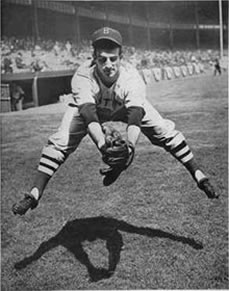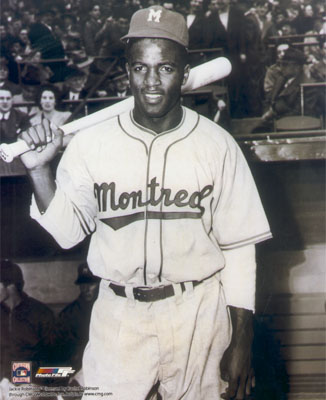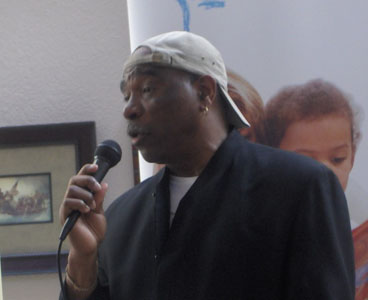It’s great living in a small town with a major university. There is so much happening on campus that the community can take advantage of, if one looks hard enough. A couple of years ago, Jim Bouton came to campus spoke to a sparsely attended audience about his the fight to build a new minor … Continue reading “A Conversation with Darrin Fletcher”
It’s great living in a small town with a major university. There is so much happening on campus that the community can take advantage of, if one looks hard enough. A couple of years ago, Jim Bouton came to campus spoke to a sparsely attended audience about his the fight to build a new minor league stadium. Yesterday, the University of Illinois College of Law invited former big leaguer and University of Illinois standout player Darrin Fletcher to come and talk about his experiences with sports agents and as a team player representative. One of the law professors sat on stage and asked him a series of questions, then there was a little Q&A from the small audience of primarily students.
The 1994 Expos were a great team, with Cliff Floyd, Larry Walker, Pedro Martinez, Moises Alou, Mike Lansing, John Wetteland (a close friend of Darrin’s), and Ken Hill. They were on their way to an NL East division title, which would have broken the Braves streak of three in a row at the time. Darrin Fletcher was an All-Star and having his career year. Then the player’s strike happened and went on longer than anyone believed including the players, according to Darrin. The postseason was cancelled. Darrin believes this was the final nail in the coffin for the Montreal franchise.
The topic of collective licensing came up. This is a nice little perk that Donald Fehr negotiated for the Players Union that says that moneys from all licensing opportunities (autographs, public appearances, etc.) gets put into a central kitty and is equally divided amongst all major league players on the 40-man roster at the end of spring training each year. During Darrin’s playing career, this amount ranged from $25,000 to $70,000. Unlike other unions where dues are collected and they are a significant percentage of the workers’ salaries, members of the MLB Players Union are paid money. As you can imagine, it’s not hard to convince rookies to join up. They sign their union papers and immediately collect $70,000.
The steroid issue was brought up, of course, even though it was a bit off-topic. Darrin guesstimated 5% of players might have used. He has no problem with drug testing, saying it’s not an invasion of privacy if you have nothing to hide.
Talk centered around the business and legal side of the game, not on the game itself. Still, it was worth attending.


